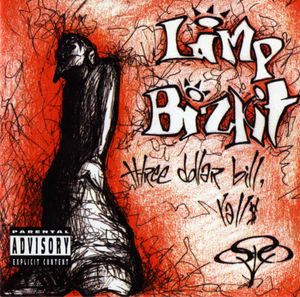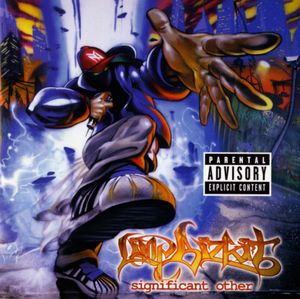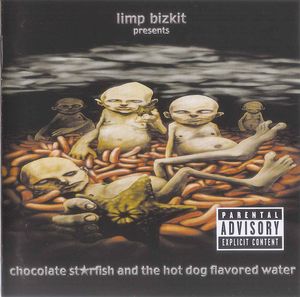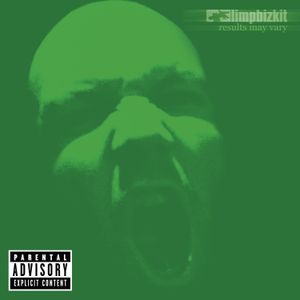Limp Bizkit: A Nu Metal Juggernaut
Limp Bizkit, hailing from the Florida swamps of Jacksonville, is more than just a band; they're a nu metal behemoth. Led by the volatile frontman Fred Durst, whose angry vocal delivery is as recognizable as his signature backwards baseball cap, they've carved a distinct path in the music world.
Their sound is a potent cocktail of heavy riffs, aggressive drums, and DJ Lethal's turntablism, all fueled by the sonic experimentation of guitarist Wes Borland. Borland's visual aesthetic – a chaotic blend of face paint, masks, and theatrical costumes – adds another layer to their live performances, transforming them into full-blown rock spectacles.
Their rise to fame was meteoric, fueled by the raw energy of their live shows and their first two albums, "Three Dollar Bill, Y'all" (1997) and "Significant Other" (1999), which catapulted them to mainstream success. Their 2000 album "Chocolate Starfish and the Hot Dog Flavored Water" solidified their status as a global force, though it wasn't without its share of controversy.
Internal turmoil and lineup changes, including Borland's departure in 2001, punctuated their career. Yet, Limp Bizkit persevered, releasing several albums and embarking on countless tours. Borland's return in 2005 brought a sense of normalcy, but the band's journey has been a rollercoaster of highs and lows.
Despite facing criticism and internal conflicts, Limp Bizkit has continued to push boundaries, selling over 40 million records worldwide and garnering three Grammy nominations. Their influence on the nu metal scene is undeniable, and their legacy as a band that defied expectations continues to inspire. Whether you love them or hate them, there's no denying the raw power and unbridled energy that defines Limp Bizkit's unique brand of rock.










